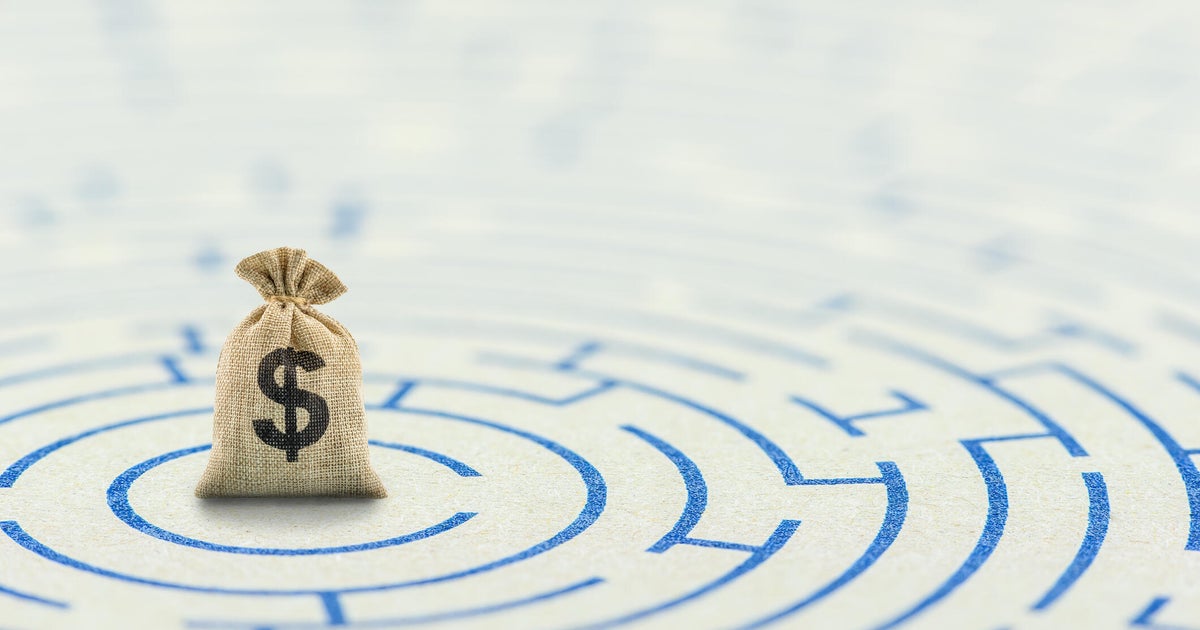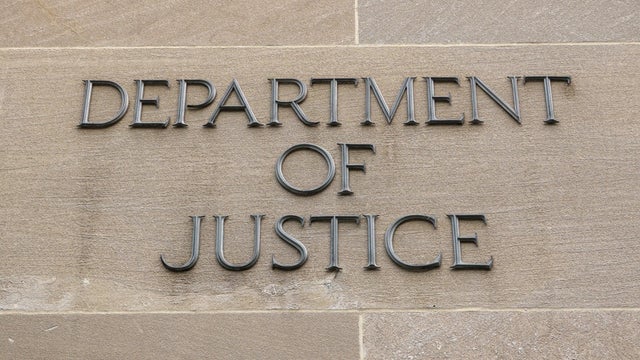

No response returned

While it can be relatively easy to accumulate a lot of credit card and loan debt, erasing what you owe is considerably more difficult. And this is particularly true in the unique economic climate of May 2025. Currently, are hovering just under a record 23% high. That's $23 in interest for every $100 borrowed. Personal loan rates, meantime, are better, but still comfortably in the double-digit territory, approaching 13% on average right now. So while it may be easy to swipe a credit card or borrow with a loan, the reality of paying either off right now appears increasingly difficult for many borrowers.
Fortunately, there are multiple available that are worth investigating. Some, like , could even result in borrowers having 30% to 50% of their debt load forgiven. But to pursue this help, borrowers will first need to admit to having a debt problem that's worth solving. And to understand which debt relief strategy works for them, it also helps to dispel some timely debt relief myths this June. Below, we'll dissect three worth knowing now.
.
Here are three timely debt relief myths worth dispelling this June:
, of which the Federal Reserve's monetary policy is just one consideration. This is partially why credit card interest rates hit a record high last fall, amidst the Fed's latest interest rate cut campaign. It's a myth, then, to expect rate relief anytime soon, even though has been consistently cooling.
With only one or two rate cuts expected for later this year and even then in only small, 25 basis point increments, . Instead, take the appropriate steps now to reduce what you owe, and, hopefully, rates will cool down over time to help further. But the important thing is to act now and not be misled into thinking that rate relief is imminent.
.
For some borrowers, a do-it-yourself approach to tackling their debt may be sufficient. But it's a myth to think this applies to all borrowers or even most. Right now, the is around $8,000. That means many borrowers owe even more than that. Combined with that near-record-high credit card interest rate and the reality of accumulating relatively quickly, it's a myth to think that a do-it-yourself approach in which you cut out your morning coffee run or subscription services will be all that's required to regain your financial freedom.
Sure, this could work for some, but it's unrealistic (and potentially even financially dangerous) to think it will be sufficient for most borrowers, especially in today's unpredictable economy. Instead, explore debt relief strategies and programs that you can potentially utilize in conjunction with a DIY approach, possibly speeding up your debt payoff timeline as a result.
Credit card debt forgiveness, also known as debt settlement, may not seem applicable on the surface, as some borrowers think it will only be for those in extreme circumstances. But the reality is that is relatively straightforward. Borrowers will need a debt load of $5,000 to $10,000, approximately, be behind on payments and be able to provide proof of that's causing these payments to be delayed (or halted).
While each servicer's criteria may be slightly different, the reality is that if you meet those three main qualifications, credit card debt forgiveness may apply to you. At a minimum, it's worth investigating, thanks to its ability to significantly reduce your debt load and, as a result, help put you back into a more manageable financial situation.
.
Utilizing the right debt relief service and strategy can be the difference between regaining your financial independence and being mired in high-rate debt for the foreseeable future. But you won't know if debt relief is right for you and, more importantly, what type of debt relief is appropriate, if you don't understand how these services work, who qualifies and what's accurate and not. By understanding these three timely myths now, you can better determine your next steps and, possibly, get started with the right debt relief approach for your unique circumstances.





